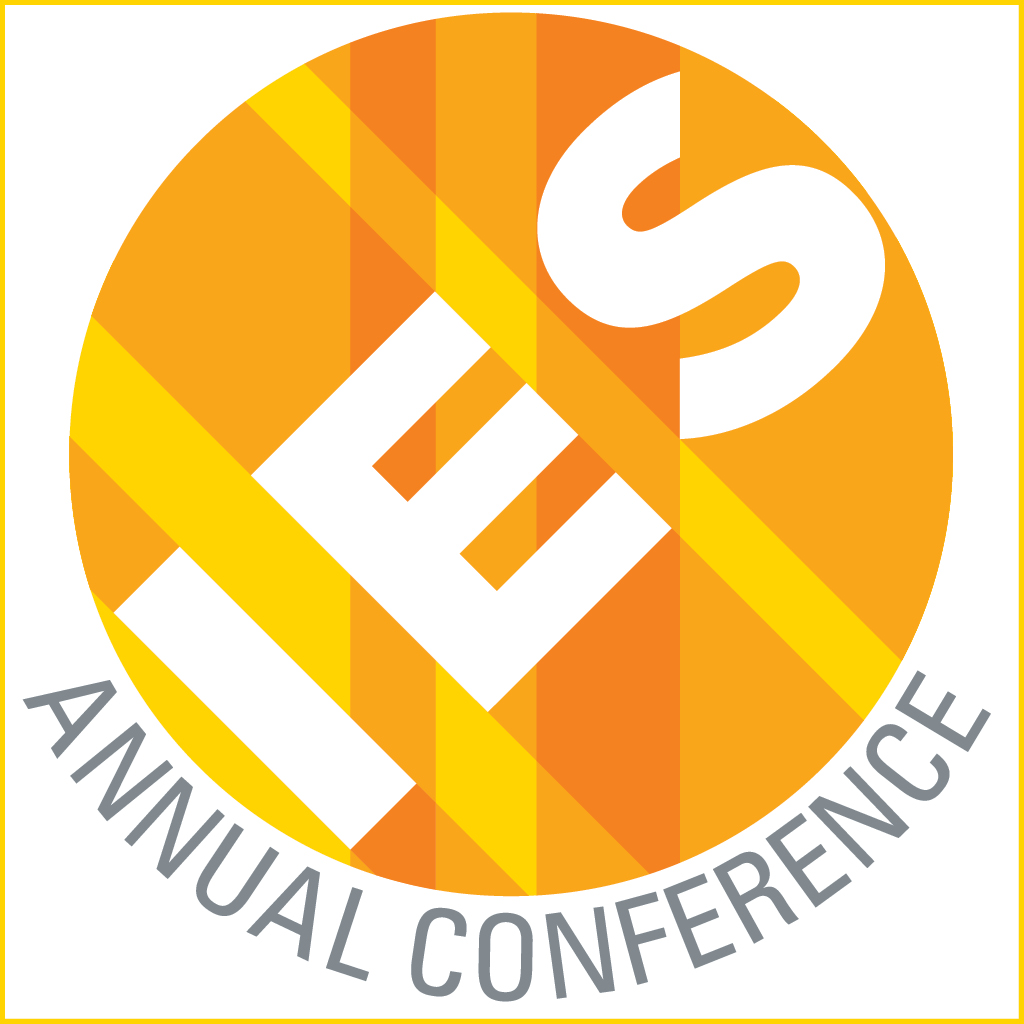
2021 Conference Feature: Evolving Topics in Lighting
- Registration Closed
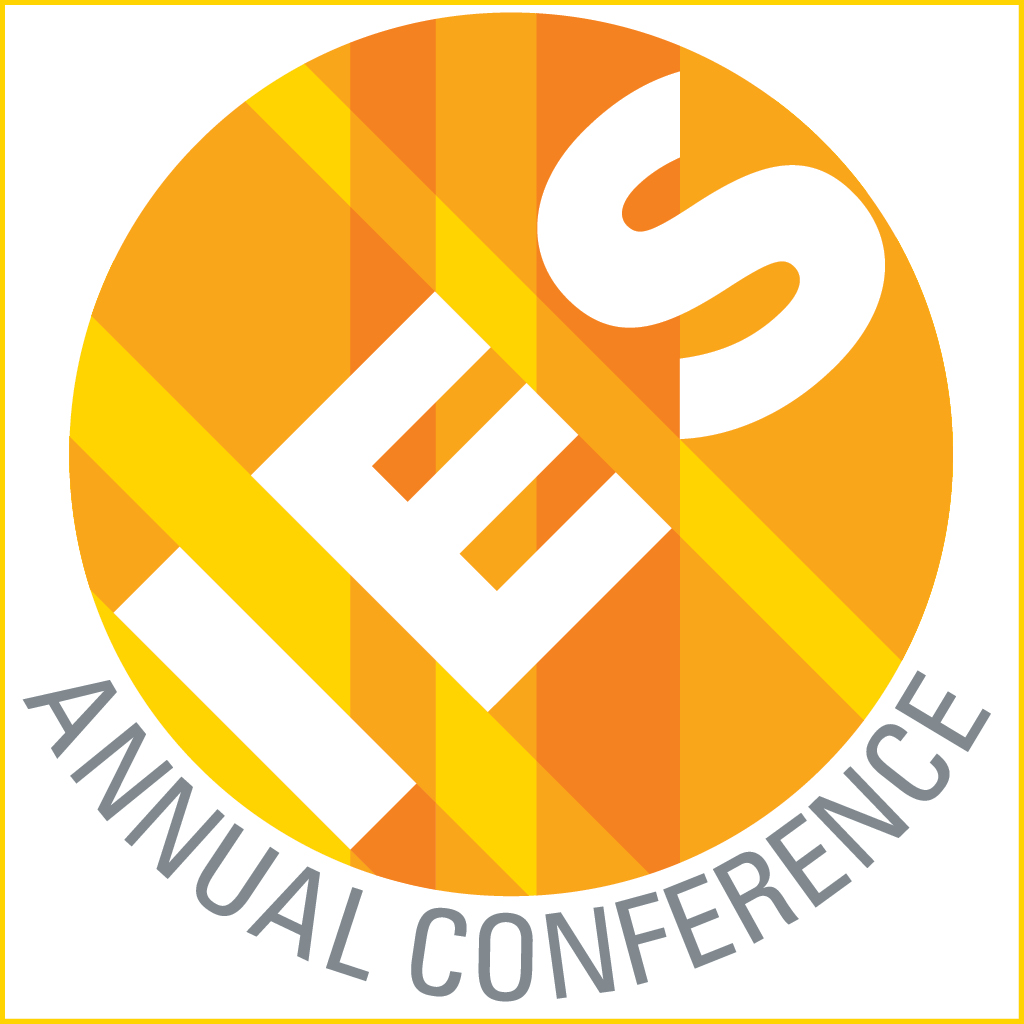
2021 Conference Feature: Evolving Topics in Lighting
Consider this an opportunity to catch up on "Current Events" in lighting by revisiting sessions from our 2021 Annual Conference. These presentations have been curated as a package so you can hear different angles of rapidly evolving topics: codes, horticulture, GUV, and sustainability. Each session, there are four in total, are worth 1 CEU - and, you get to see all four for the price of three.
-
Contains 3 Component(s), Includes Credits Recorded On: 08/11/2021
AUGUST 11, 2021: The purpose of this session is to acknowledge the challenges that energy codes create for lighting specifiers, and to discuss how they can participate in improving the energy codes in ways that will help them. Key to this is the newly formed IES California Regulations Committee that is intended to increase IES influence with California regulations impacting lighting practitioners.

About this Seminar Session
Each year, the IES hosts an Annual Conference. In 2021, the Annual Conference is offered virtually.
Description: The purpose of this session is to acknowledge the challenges that energy codes create for lighting specifiers, and to discuss how they can participate in improving the energy codes in ways that will help them. Key to this is the newly formed IES California Regulations Committee that is intended to increase IES influence with California regulations impacting lighting practitioners.
You can earn 1 CEU by watching this presentation.
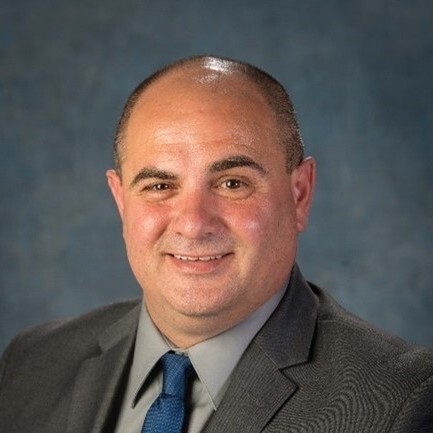
John Busch
Levtion RSM, CEA Chair Title 24 Compliance Committee
Leviton Manufacturing
John Busch has held many positions over his 30+ year career: electrical designer, design build estimator, project manager, and even holds a C-10 Electrical Contractors license in California. This experience allows him to evaluate electrical design challenges with a solutions-oriented perspective. He currently serves as Regional Sales Manager - West, for Lighting Controls of Leviton Manufacturing. John also teaches California Title 24, LEED, lighting controls, the Big 3 Energy Codes (ASHRAE 90.1, IECC, and Title 24), measurement and verification, power management and other energy related topics. John also currently serves as Chair of California Energy Alliance Codes and Standards Committee.
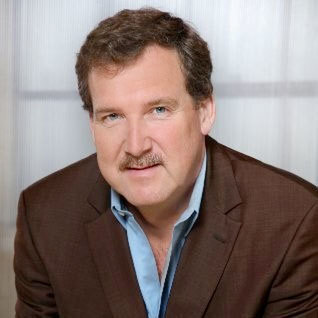
Chip Israel
CEO & Founder
Lighting Design Alliance
Chip Israel has been a lighting designer for over 35 years. In 1992, he founded LIGHTING DESIGN ALLIANCE, a full-service architectural lighting design firm, where he built a highly-select team of lighting design professionals who now serve a variety of clients worldwide. As CEO and Founder, Chip works closely with the owner, design team, and manufacturers to ensure lighting systems are fully integrated with the architectural design and enhance the designer’s concepts.
He has been elected as a Fellow of the IALD, the International Association of Lighting Designers; Fellow of the IES, Illuminating Engineering Society; has received the Pennsylvania State University College of Engineering’s highest award, the Outstanding Engineering Alumnus Awards and Martin’s Professional Lighting Designer of the Year. He currently serves on three Technical IES Committees and is Past Board of Directors and Past President of the IESNA, Illuminating Engineering Society of North America. Chip is also Past President of both, the IALD Education Trust and the Designer’s Lighting Forum.
Chip is committed to promoting excellence in lighting design through education. As a leading industry spokesman, he has presented technical papers and educational seminars in over eleven countries and lectured at over a dozen universities across the country.
Lighting Design Alliance has also been recognized by winning over 300 National and International design awards, including multiple awards for sustainable lighting design.
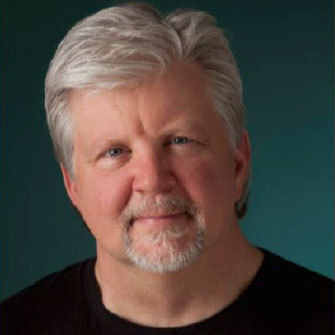
James Benya
Principal
Benya Burnett Consultancy
Jim Benya is a professional illuminating engineer, lighting designer, educator and consultant with 46 years of experience. He is a Registered Professional Electrical Engineer, Fellow of the Illuminating Engineering Society of North America (FIES), and Fellow of the International Association of Lighting Designers (IALD). Benya established and led California’s first independent lighting design firm Luminæ Souter Lighting Design as Senior Principal and CEO before starting Benya Lighting Design in 1994 in Portland, Oregon. His design work has been published in every major lighting design and architectural journal, including Architecture, Architectural Record, Architectural Lighting, Progressive Architecture, LD&A, Lighting Dimensions, Interiors, Interior Design, Designers West, Northern California Home and Garden, Architectural Digest, and Building Design and Construction. He has won numerous lighting design awards, including the Edison Award, the Edison Award of Excellence (7 times), the Edison Award for Environmental Design (thrice), the International Illumination Design Award of Excellence (twice), and the Source Awards First Place Award. He is the author of Lighting Design Basics (Wiley) and Lighting Retrofits and Relighting (Wiley) and his work is featured in nine books, including the Best of Lighting Design. In addition to design work, Benya Burnett offers codes and standards development, forensic and expert services in lighting, environmental impact assessments and studies, technical research and reports, educational classes and related materials, and product design consulting and assistance to manufacturers. Benya is currently based in Davis, California as Principal of the Benya Burnett Consultancy with partner Deborah Burnett.
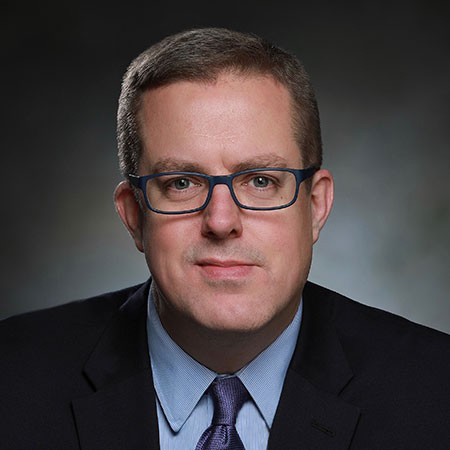
Alex Baker
Manager of Government Affairs and Public Policy, Illuminating Engineering Society
Illuminating Engineering Society
Alex is responsible for monitoring federal, state and local government agendas for matters impacting IES members and the lighting industry at large, maintaining relationships with relevant government offices and allied organizations and coalitions, and for developing the Society’s long term public policies and strategies.
Baker has worked for the past 10 years on domestic and international lighting standards and regulations. From 2007 to 2012, he managed the ENERGY STAR® lighting program at the U.S. Environmental Protection Agency. During his tenure, he redeveloped the program’s lighting product specifications, and, as directed by Congress, assisted in transitioning the program to third-party accreditation, testing and certification based on ISO/IEC standards. Since that time, as Director of Standards & Regulations at Lumileds, Alex has been an active member of many lighting standards development and trade organizations, including ALA, ANSI, ASABE, ASSIST, DLC, ENERGY STAR, IEC, IES, ISA, LightingEurope, NEMA, NGLIA, and the Zhaga Consortium. Prior to his new role, Alex has been a longstanding member of the IES Testing Procedures Committee, actively participating in the development and maintenance of methods of measurement and related technical memoranda for solid-state lighting products. Alex has also been a member of the IES Nomenclature Committee. -
Contains 3 Component(s), Includes Credits Recorded On: 08/11/2021
AUGUST 11, 2021: This presentation takes a broadened, unconventional view of germicidal lighting beyond UVC, and introduces indirect germicidal lighting which is greatly overlooked by most people. The technologies behind indirect germicidal lighting will reviewed, followed by examples in air sanitization and surface disinfection, and for each a comparison with UVC based solutions will be provided to highlight the limitation of the UVC-based approach vs. the advantages of the indirect germicidal lighting approach. This could lead to a brand new perspective and result in many new applications which, unlike UVC, could provide continuous, sustainable, and hazard-free solution for air sanitization and surface disinfection.

About this Seminar Session
Each year, the IES hosts an Annual Conference. In 2021, the Annual Conference is offered virtually.
Description: This presentation takes a broadened, unconventional view of germicidal lighting beyond UVC, and introduces indirect germicidal lighting which is greatly overlooked by most people. The technologies behind indirect germicidal lighting will reviewed, followed by examples in air sanitization and surface disinfection, and for each a comparison with UVC based solutions will be provided to highlight the limitation of the UVC-based approach vs. the advantages of the indirect germicidal lighting approach. This could lead to a brand new perspective and result in many new applications which, unlike UVC, could provide continuous, sustainable, and hazard-free solution for air sanitization and surface disinfection.
You can earn 1 CEU by watching this presentation.
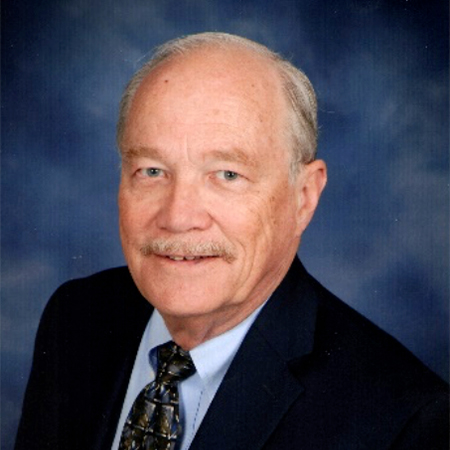
David H. Sliney, Ph.D
Consulting Medical Physicist
Dr. David H. Sliney, Ph.D., serves as chair of the IES Photobiology Committee and holds a Ph.D. in biophysics and medical physics from the University of London, Institute of Ophthalmology. He worked for the US Army Public Health Center until retiring in 2007. His research interests focus on UV effects upon the eye, optical hazards from intense light sources and lasers, laser-tissue interactions and laser applications in medicine and surgery. He served as member, advisor and chairman of numerous committees active in the establishment of safety standards for protection against non-ionizing radiation (ANSI, ISO, ACGIH, IEC, WHO, NCRP, and ICNIRP).
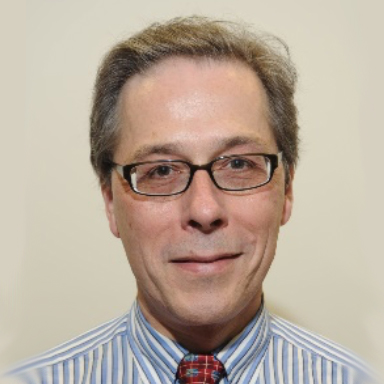
Richard Vincent, FIES
Manager
Icahn School of Medicine at Mount Sinai
Richard Vincent is the Manager, the Brickner Research Unit on Community Medicine and TB/UV Studies at the Icahn School of Medicine at Mt Sinai Hospital in New York. He is a leader in the refinement of upper-room germicidal UV for control of infectious disease, such as tuberculosis. He has been a consultant to many healthcare facilities in providing guidance on efficacy of germicidal ultraviolet and spoken throughout the world on this technology. He has long been active in the IES Photobiology Committee and is currently the chair of an ASHRAE Committee preparing guidance on Upper Room germicidal UV. Further he chairs the CIE TC 6-52 on the gonioradiometric measurement of UVGI luminaires.
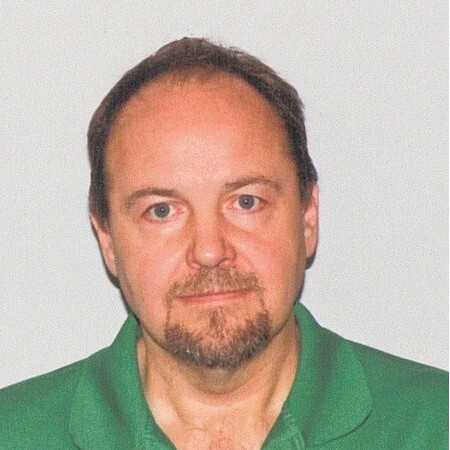
Andrew Jackson
Manager
Lighting Test Center Americas; Signify North America Corporation
Andrew ("Andy") Jackson has been with Signify North America Corporation and Philips Lighting for over 25 years and started his career as a development engineer for High Intensity Discharge (HID) lighting. Mr. Jackson has 11 patents and several proprietary awards related to various lighting products. He is currently the manager of the Signify Lighting Test Center – Americas (LTCAm). This laboratory has responsibilities for the testing and regulatory aspects of all Signify products sold in the Americas. The laboratory is National Voluntary Laboratory Accreditation Program (NVLAP) accredited and Canadian Standards Association (CSA) certified for measurements related to lighting energy efficiency verification.
Mr. Jackson has long been an active member of the IES Photobiology Committee and is a key member of the Council for Optical Radiation Measurements (CORM). He is heavily involved with the American National Standards Institute (ANSI) activities related to standardization for lighting products and with the Illuminating Engineering Society of North America (IESNA) for light measurement methodologies and recommended practices. Mr. Jackson is active with the US National Committee (USNC) Technical Advisory Group (TAG) for the International Electrotechnical Commission (IEC). He chairs the ANSI Accredited Standards Committee (ASC) 78 Lamps and is the Vice Chair for the IES Technical Procedures Committee.
Mr. Jackson holds a BSEE and MSEE from Old Dominion University, and an MBA from Kansas Wesleyan University. Mr. Jackson’s MSEE Thesis was sponsored by NASA and was entitled, “Laser Absorption Spectroscopy with Tunable Diode Lasers.”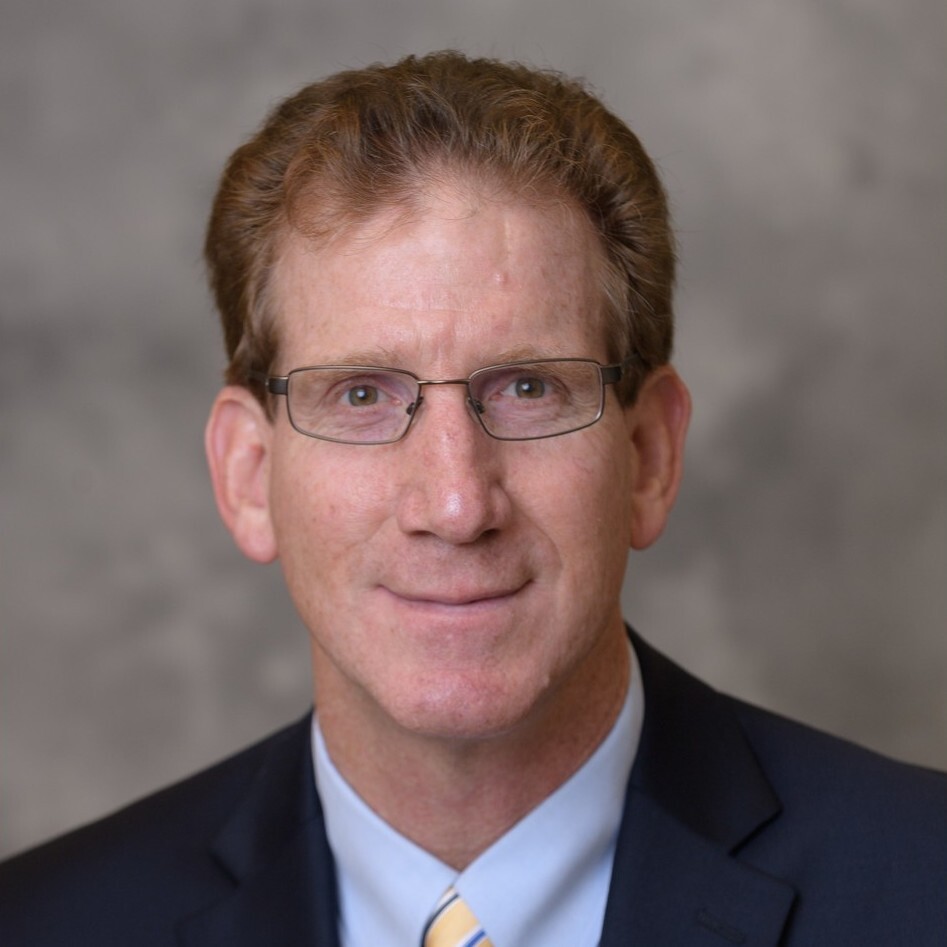
Ernest Blatchley, III
Professor in Environmental Engineering
Purdue University
Prof. Ernest ("Chip") Blatchley is the Lee A. Rieth Professor in Environmental Engineering at Purdue University in West Lafayette, IN. He chaired a task force of the International UV Association (IUVA) in 2020-2021 that prepared a white paper on Far UV-C Radiation. His research interests focus on physico/chemical processes of environmental engineering. His research emphasis is on processes that involve UV radiation, chlorine, or both. His current research foci include disinfection processes for water, UV disinfection of air and surfaces, UV-based advanced oxidation processes, and swimming pool chemistry.
-
Contains 3 Component(s), Includes Credits Recorded On: 08/13/2021
AUGUST 13, 2021: Horticultural lighting is an emerging technical field and it would be a great opportunity to bring the science of horticultural lighting to this community of traditional lighting designers, specifiers, and manufacturers. In the past two Annual Conferences, there has not been a session on horticultural lighting and it is important for IES to educate on all aspects of the lighting industry.

About this Seminar Session
Each year, the IES hosts an Annual Conference. In 2021, the Annual Conference is offered virtually.
Description: Horticultural lighting is an emerging technical field and it would be a great opportunity to bring the science of horticultural lighting to this community of traditional lighting designers, specifiers, and manufacturers. In the past two Annual Conferences, there has not been a session on horticultural lighting and it is important for IES to educate on all aspects of the lighting industry.
You can earn 1 CEU by watching this presentation.
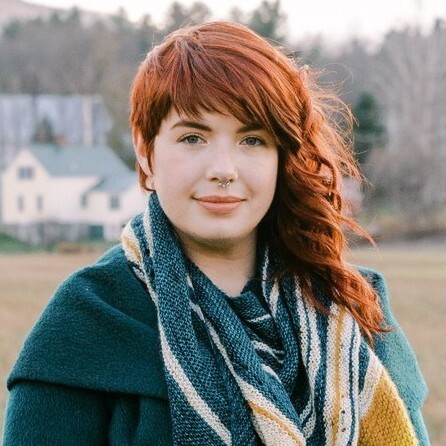
Gretchen Schimelpfenig
Technical Director
Resource Innovation Institute
As Technical & Operations Director, Gretchen facilitates RII’s Technical Advisory Council Working Groups, writes technical guidance on resource efficient cultivation, develops and delivers curriculum, and supports PowerScore users with resource benchmarking analysis and reporting compliance. She authored RII’s Best Practices Guides on Cultivating Cannabis with LED Lighting and HVAC, as well as the state-specific guide for Massachusetts cultivators. She is a licensed Civil Professional Engineer - Construction in California and Vermont. Prior to joining RII, she was an Energy Engineer at the Burlington Electric Department where she helped commercial and institutional (C&I) customers like the University of Vermont and the City of Burlington save energy in their buildings and processes. She has a MS in Civil Engineering, Sustainable Design & Construction - Energy from Stanford University and has published research for the U.S. Green Building Council on the topic of ground-source heat pumps. She has a specialty in analyzing the interactive effects between HVAC and lighting systems after spending 2 years commissioning HVAC and lighting controls systems in C&I environments and evaluating energy efficiency programs in New England before switching to designing and implementing them for customers in Burlington, Vermont. Gretchen is a home cultivator and is constantly using her HVAC and lighting knowledge to optimize her grow environment.
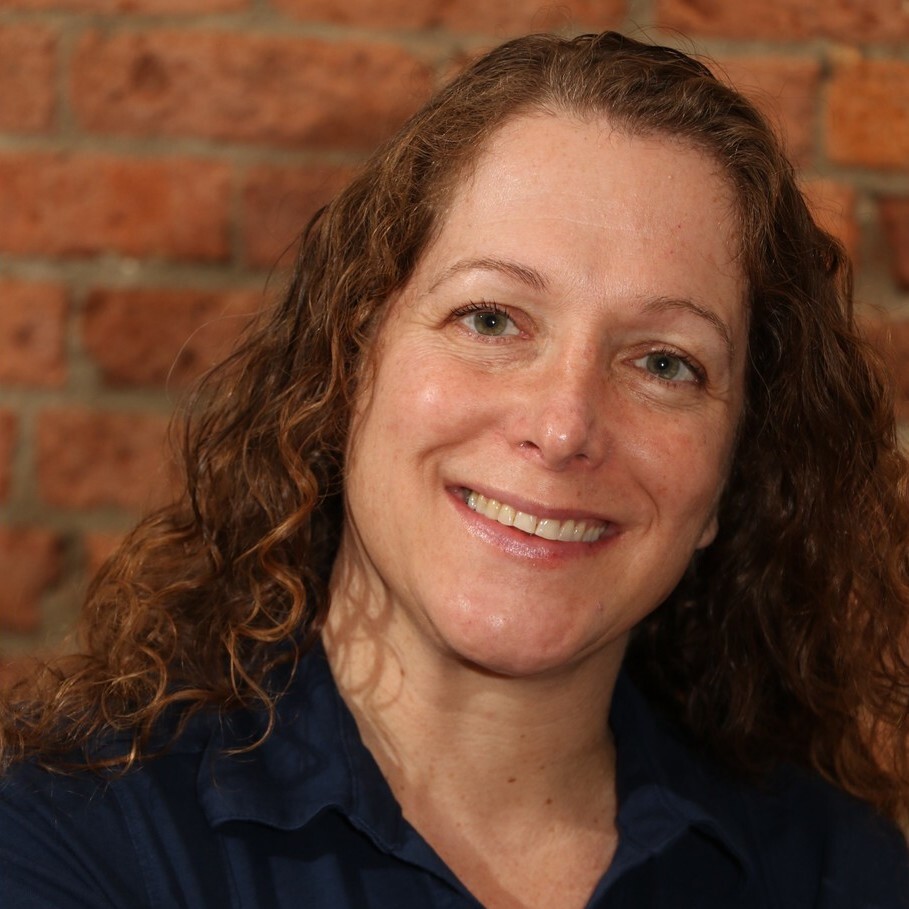
Leora Radetsky
Senior Lighting Scientist
DesignLights Consortium (DLC)
Leora Radetsky is a Senior Lighting Scientist at the DesignLights Consortium (DLC) where she focuses on developing lighting solutions that promote energy optimization, quality, human factors, and performance in the areas of horticultural and architectural lighting. She has over 20 years of experience in the lighting industry as a research scientist with the Lighting Research Center at Rensselaer Polytechnic Institute and Director of Customer Education at Lighting Analysts, Inc. She has extensive research and engineering experience in horticultural lighting, lighting software, product testing, lighting controls, photometry, daylighting, outdoor lighting and circadian rhythms. In 2014, she was awarded an IES Regional Technical Award from the Northeast region for her significant scientific contributions to the field of illumination. Leora has a B.S. in Architectural Engineering with an Emphasis in Illumination from the University of Colorado at Boulder, and an M.S. in Lighting from Rensselaer Polytechnic Institute. She is Lighting Certified by the NCQLP.
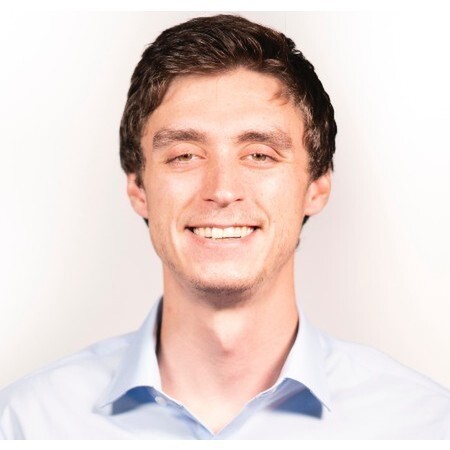
Colin Brice
Plant Specialist
Signify
Colin Brice joined Signify in March 2020 in the role of Plant Specialist; he is one of more than 20 plant specialists supporting Philips horticulture LED team. Colin is a horticultural scientist and systems engineer with experience in greenhouse management, LED photomorphogenesis research, and electronics design. As a Plant Specialist, Brice works with a team of horticultural specialists at Signify to design and implement LED lighting strategies, supporting sales efforts in all segments – ornamental, high-wire fruits and vegetables, lettuce and leafy greens in both greenhouse and closed-environment growing, and hemp and medicinal cannabis. Brice is a graduate of University of Tennessee with a Bachelor of Science in Plant Sciences and a Master of Science in Biosystems Technology. His graduate thesis focused on indoor cultivation of leafy greens, LED lighting systems, fluid handling systems, and electrical efficiency evaluations.
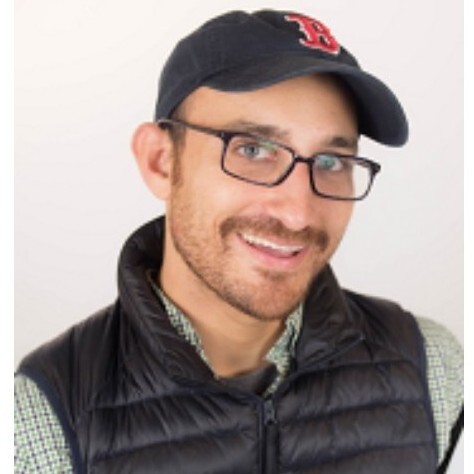
Mike Zartarian
Principal
Zartarian Engineering
Mike grew up in the agricultural community of the Pioneer Valley of Western Massachusetts. There he developed a deep respect for both conventional and small scale organic production methods. He attended Northeastern University earning a BS and MS in Electrical Engineering, and spent the first part of his career designing speaker systems and audio electronics for performing musicians. The switch to precision agriculture came naturally, and he has worked on a wide variety of projects in both cannabis and vegetable production, focusing on LED systems, sensors, power systems and facility design. Mike is the principal of Zartarian Engineering in Boston, MA.
-
Contains 3 Component(s), Includes Credits Recorded On: 08/13/2021
AUGUST 13, 2021: Material transparency and embodied carbon has been a hot topic in lighting within the last 6-12 months. It is an emerging perspective we have yet to fully examine or embrace as a community. With its alignment to larger environmental global initiatives such as the United Nations’ sustainable development goals, the Paris Agreement, and Architecture 2030, it is critical that we as a community join the larger conversation that is taking place in the built environment. Together, we can examine our current status-quo operations with a critical eye to determine where we have room for evolution towards an elevated lighting design practice. As we review the current surveyed state of our industry, projected data-based trends, and actionable items we can implement immediately, we move together towards a design practice that is intrinsically more inspired, sustainable, mission driven, and in alignment with the evolution of the larger built environment practices.

About this Seminar Session
Each year, the IES hosts an Annual Conference. In 2021, the Annual Conference is offered virtually.
Description: Material transparency and embodied carbon has been a hot topic in lighting within the last 6-12 months. It is an emerging perspective we have yet to fully examine or embrace as a community. With its alignment to larger environmental global initiatives such as the United Nations’ sustainable development goals, the Paris Agreement, and Architecture 2030, it is critical that we as a community join the larger conversation that is taking place in the built environment. Together, we can examine our current status-quo operations with a critical eye to determine where we have room for evolution towards an elevated lighting design practice. As we review the current surveyed state of our industry, projected data-based trends, and actionable items we can implement immediately, we move together towards a design practice that is intrinsically more inspired, sustainable, mission driven, and in alignment with the evolution of the larger built environment practices.
You can earn 1 CEU by watching this presentation.
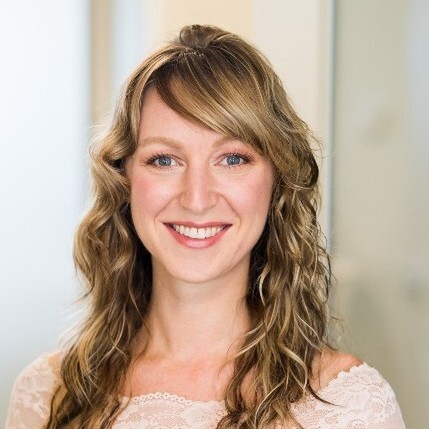
Melissa Mattes
Senior Lighting Designer
Sladen Fesinstein Integrated Lighting
Melissa is tirelessly curious about what it means to embody space, particularly through the lens of lighting. As the leader of the firm’s sustainability efforts, her orientation towards regenerative living and design began by redefining her professional habits to better align with her personal sustainable values. This led to closer examination of her workplace practice. Melissa has led a roundtable for the Illuminating Engineering Society, providing an industry snapshot of sustainable lighting practices, and has presented at multiple national conferences on the principals of living and lighting. She earned her Living Future Accreditation, is an Ambassador for ILFI, and has taught interior design lighting courses at the Rhode Island School of Design. In 2020, Melissa was named one of Lighting Magazine’s international class of “Top 40 Under 40” lighting designers, and in 2021, began leading the IES Sustainable Lighting Committee as Co-Chair.
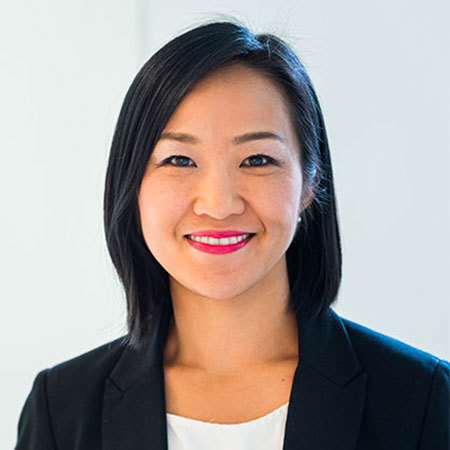
Reiko Kagawa
Principal
Sladen Feinstein Integrated Lighting Inc.
Reiko joined SFIL in the early stages of the company’s establishment and became a Principal in 2017. With an academic background in both architecture and interior design, she cherishes the beauty of architectural form and enjoys bringing life into each space through the use of light. Knowing how powerful lighting can be, Reiko thrives on pushing its boundaries in a project’s vision, sustainable footprint, and occupant’s well-being. Her focus in on the holistic sustainable lighting design between different recommended practices and standards. Reiko is an advocate and educator on LEED and WELL, has presented at multiple conferences and has authored published papers. She has received many national lighting awards and in 2018, was named one of Lighting Magazine’s international class of “Top 40 Under 40” lighting designers.
